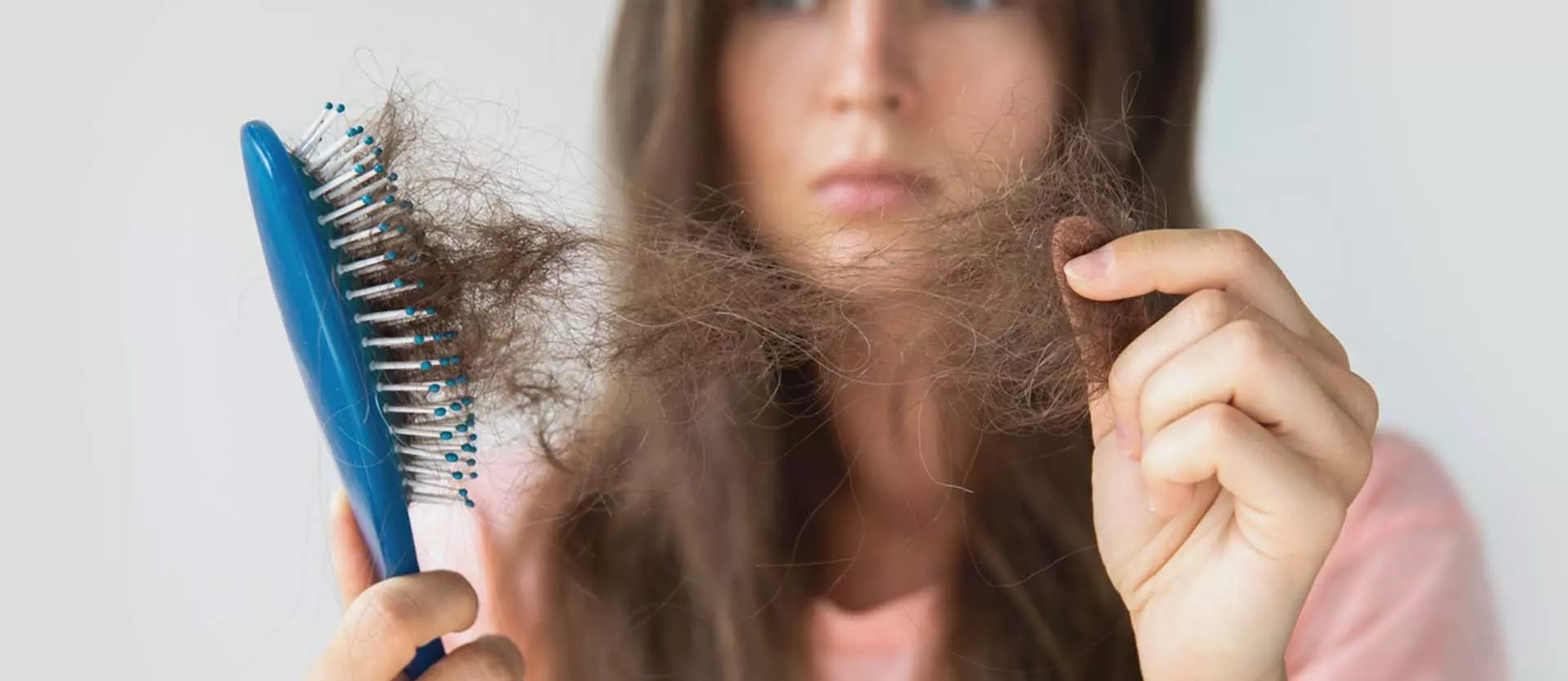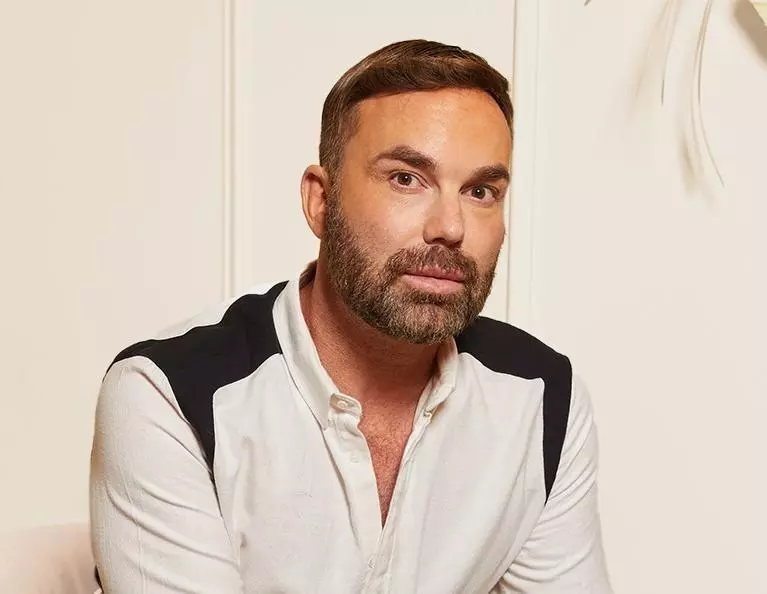Do you find that you are always losing hair? It is common to shed hair on a daily basis. This is about 50 to 100 hairs per day – that can seem like a lot of hair loss. Yet, for some, it is much more. It may even seem like an essential amount. However, many experience chronic hair shedding. This occurs when a person has persistent periods of hair shedding that typically last more than six months in time. How does this happen? What does it mean for your hair and your health?
Understanding Telogen Effluvium
Telogen effluvium is a type of temporary hair loss that causes excessive hair shedding. Most of the time, it happens after a significant stressor to the body. This could include some type of high level of stress or shock to the body. It may be a traumatic event, a surgical procedure, some type of medical condition, or another significant change in the body or a person’s life.
This is normal. When the body faces stress like this, all energy in the body is directed towards healing that condition or overcoming that concern. When a person does that, the body’s hormones become more regulated again. That starts the natural hair growth cycle over again, ensuring the best long term outcome. Most of the time, a person’s hair will leave this stage and start the natural hair growth again within three or so months.
When this happens to you but your hair does not start growing back after three months, it can be frightening. This is what chronic hair shredding is. It is not common for a person to lose all of their hair. However, a large amount may fall out, and that can be frightening to experience. Most often, the hair becomes much thinner than it used to be.
It is most common for this to happen in women, though it can happen to either men or women. Most of the time, it occurs when there is some type of disturbance to the hair growth cycle. This cycle involves three phases.
- The first stage is the anagen or growth phase. Here, the hair is growing at a normal, rapid rate.
- Catagen is the second phase. It is noted as the transitional phase when the hair begins to fall out.
- Telogen is the final stage before the cycle restarts. This phase is also known as the resting phase.
What Can Be Done About Chronic Hair Shedding?
It is hard to say what the right treatment is for this condition. That is because it often takes a reversal of the cause of the problem to improve outcomes. That is, until the underlying cause is improved, it may become impossible for a person to see their hair return to normal.
The other way to look at this is that once things do return to normal, most people will, in fact, see their hair grow back normally as it should. There are some treatment options that may help this.
For example, it is commonly necessary for a person to see improvements in their nutrient intake. Improving nutrient intake may help to offset any nutritional deficiencies that so commonly relate to hair loss like this. It may also be possible to use hormones to help with replacement of hair loss. For those who are going through menopause, for example, chronic hair shredding is commonly related to the shift in hormones. Hormone replacements, then, can help to change this.
For those facing complications due to stress or anxiety, working with a counselor may help to fix this underlying problem. Doing so can help to ensure hair continues to come in and improves.
Speak to your doctor about your hair thinning. Often, they can help you determine the underlying cause of the problem, giving you the tools and resources to improve your outcome. Routine blood work may be done to check for deficiencies or imbalances. Work on reducing your stress levels and improving the nutrients you take in to support natural hair growth and development. It may also be important to discuss the treatments you are using for illness if they are behind the problem. The good news is most people will see improvement to chronic hair shedding over time.
At Unique Hair Concepts, we offer a complimentary hair and scalp analysis that will help determine treatment options that may assist hair shedding and promote healthy hair growth. Contact the team to schedule your private consultation.






